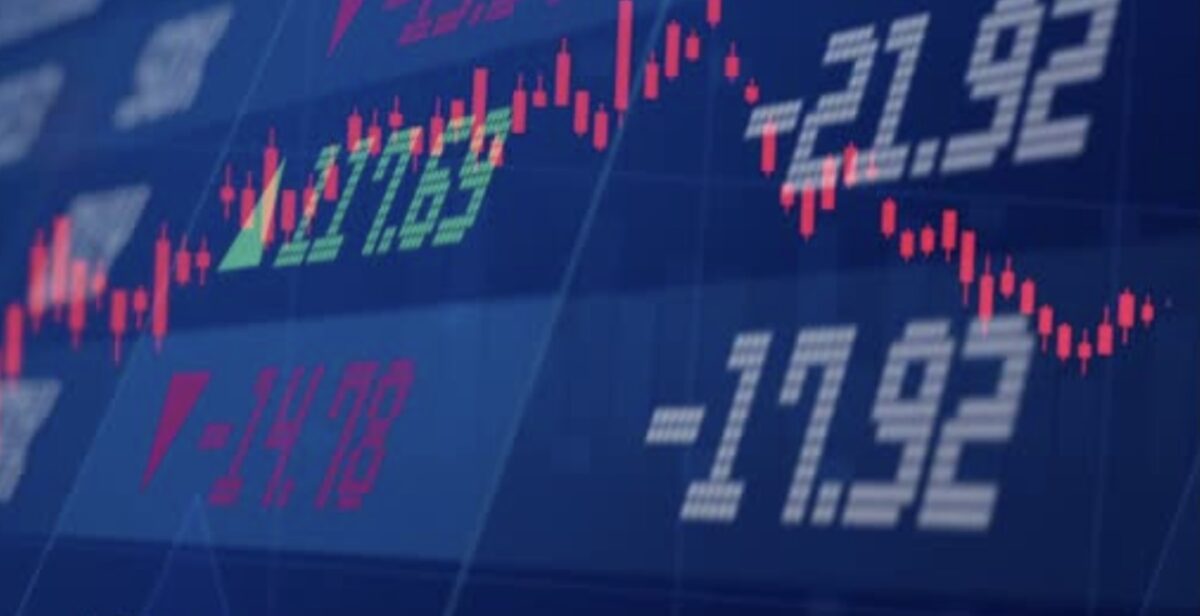The Hang Seng Index, a crucial barometer of Hong Kong’s stock market, has witnessed a significant downturn amid the global economic turmoil triggered by President Donald Trump’s new tariffs. Asian stock markets, including Hong Kong’s Hang Seng, have plunged to levels not seen in decades, marking one of the most volatile periods in recent financial history. This dramatic decline has far-reaching implications for global trade and economies, particularly in Asia, which is heavily reliant on the US market for exports.
Hang Seng Index and the Global Impact of US Tariffs
On a recent trading day, Hong Kong’s Hang Seng Index faced its largest drop since 2008, tumbling by more than 13%. This sharp decline is emblematic of the broader global market reaction following Trump’s announcement of new tariffs on various countries, including China, Japan, South Korea, and Vietnam. The tariff increases, ranging from 10% to as high as 46%, have created widespread uncertainty among investors and businesses across Asia.
The Hang Seng’s fall reflects the broader fear that these tariffs will significantly disrupt the region’s manufacturing and export sectors, many of which rely heavily on the US market. For economies like Hong Kong, which is deeply integrated into global trade networks, the long-term economic impact could be profound.
Economic Pressure on Asian Manufacturing Hubs
The Asian economies most affected by these tariff hikes are major manufacturing hubs, with China, Vietnam, Thailand, and Cambodia facing severe trade restrictions. China, Asia’s largest economy, is bracing for tariffs that could reach up to 54%, putting immense pressure on its already strained trade relationship with the US. The ripple effects of this trade war are felt not only by China but by smaller economies like Vietnam and Bangladesh, which are increasingly reliant on the US for exports, particularly in industries like textiles and electronics.
With the US imposing punitive tariffs, these countries may face reduced demand for their products, leading to lower export revenues and potential economic slowdowns. The US’s move also prompts retaliatory tariffs from China, which further deepens the uncertainty in global markets and contributes to the Hang Seng’s significant downturn.
The Broader Global Economic Impact
The US tariffs have not only destabilized markets in Asia but have also caused a sharp decline in European and US stock indices. On one trading day, European exchanges, including the UK’s FTSE 100 and major German indices, dropped by almost 5%. In the US, the S&P 500 saw a nearly 6% drop, its worst performance since 2020. Global markets have lost trillions of dollars in value as a result of the tariff escalation.
For investors, these developments create a difficult landscape, with increasing concerns about inflation, economic slowdown, and even a potential global recession. Goldman Sachs has raised its forecast for a US recession, predicting a 45% chance within the next 12 months. Other financial institutions, like JPMorgan, are now estimating a 60% chance of a global downturn, which would exacerbate the already fragile economic conditions in Asia.
The Future of the Hang Seng and Regional Economies
Given that Hong Kong’s economy is closely tied to global trade, especially with the US and China, the future of the Hang Seng Index appears uncertain. With tariffs continuing to weigh on investor sentiment, the index could face further declines unless diplomatic negotiations lead to a resolution or mitigation of the trade tensions. In the meantime, businesses in Hong Kong and across Asia are likely to experience a slowdown in demand for their exports, which could result in lower earnings and investment.
Another Effect of the Tariff War
The Hang Seng Index’s steep drop, coupled with the wider regional stock market declines, highlights the serious economic challenges facing Asia as a result of the US’s aggressive tariff policies. The global trade war, coupled with fears of a potential recession, is expected to continue influencing markets for the foreseeable future. For investors and businesses alike, the situation calls for careful monitoring of economic indicators and potential shifts in global trade dynamics.
As the trade war continues to unfold, the Hang Seng Index and other Asian stock markets are likely to remain volatile. Understanding these broader economic forces will be crucial for those looking to navigate the complexities of the current financial environment.




